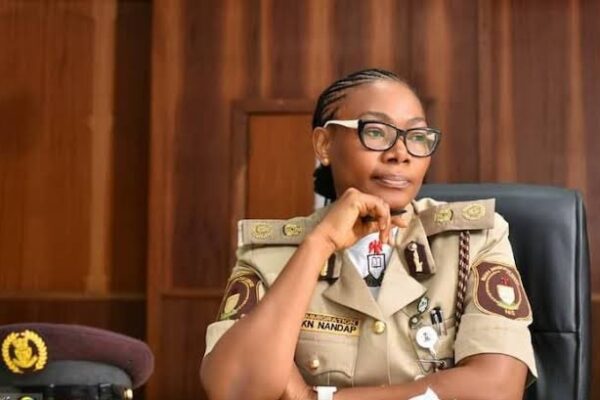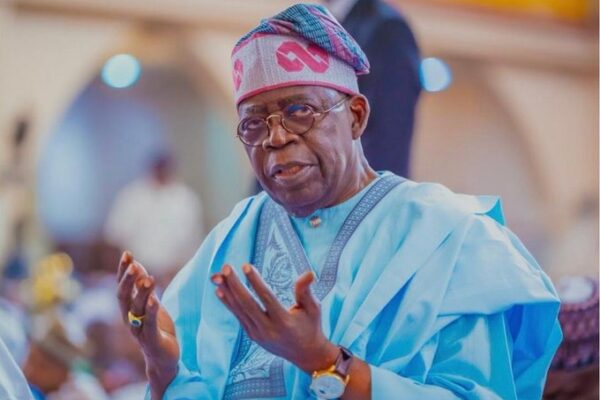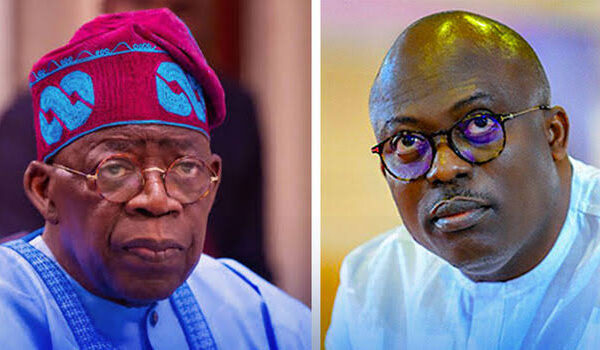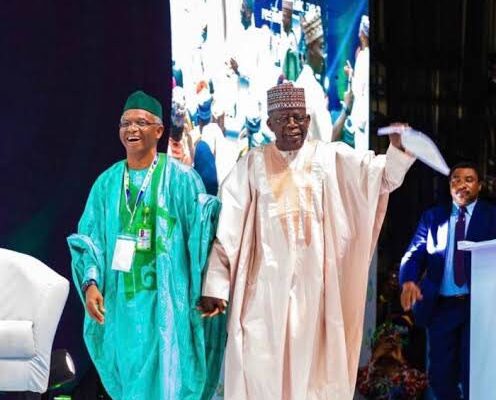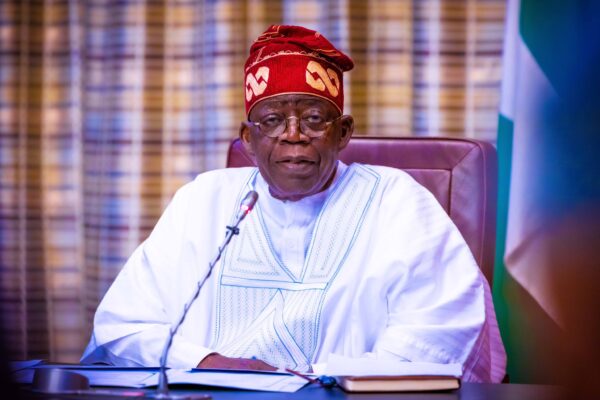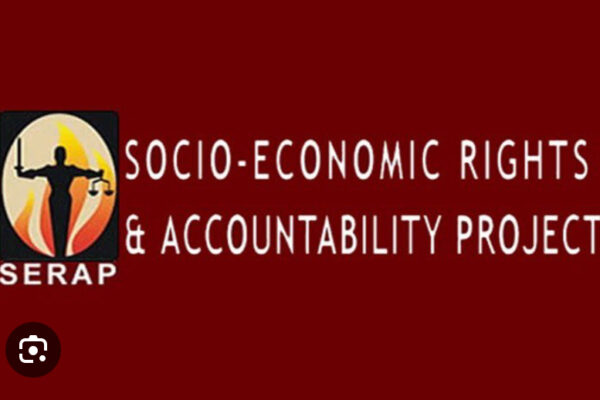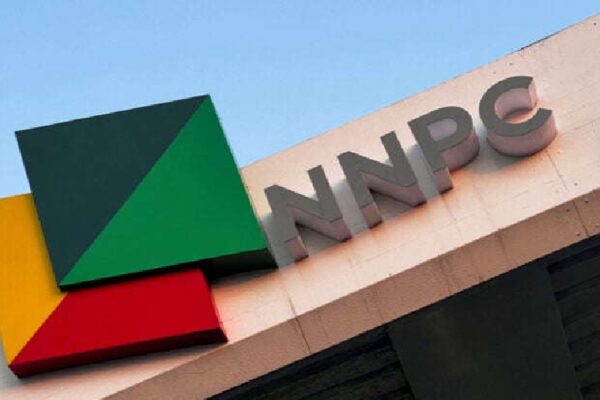
Tinubu Reconstitutes NNPCL Board, Appoints New Chairman, Group CEO
President Bola Ahmed Tinubu has approved a sweeping reconstitution of the Nigerian National Petroleum Company (NNPC) Limited board, removing the chairman, Chief Pius Akinyelure and the group chief executive officer, Mallam Mele Kolo Kyari. President Tinubu removed all other board members appointed with Akinyelure and Kyari in November 2023. The new 11-man board has Engineer Bashir Bayo Ojulari as the Group CEO and Ahmadu Musa Kida as non-executive chairman. Adedapo Segun, who replaced Umaru Isa Ajiya as the chief financial officer last November, has been appointed to the new board by President Tinubu. Six board members, non-executive directors, represent the country’s geopolitical zones. They are Bello Rabiu, North West, Yusuf Usman, North East, and Babs Omotowa, a former managing director of the Nigerian Liquified Natural Gas( NLNG), who represents North Central. President Tinubu appointed Austin Avuru as a non-executive director from the South-South, David Ige as a Non-executive director from the South West, and Henry Obih as a non-executive director from the South East. Mrs Lydia Shehu Jafiya, permanent secretary of the Federal Ministry of Finance, will represent the ministry on the new board, while Aminu Said Ahmed will represent the Ministry of Petroleum Resources. All the appointments are effective today, April 2. President Tinubu, invoking the powers granted under Section 59, subsection 2 of the Petroleum Industry Act, 2021, emphasised that the board’s restructuring is crucial for enhancing operational efficiency, restoring investor confidence, boosting local content, driving economic growth, and advancing gas commercialisation and diversification. President Tinubu also handed out an immediate action plan to the new board: to conduct a strategic portfolio review of NNPC-operated and Joint Venture Assets to ensure alignment with value maximisation objectives. Since 2023, the Tinubu administration has implemented oil sector reforms to attract investment. Last year, NNPC reported $17 billion in new investments within the sector. The administration now envisions increasing the investment to $30 billion by 2027 and $60 billion by 2030. The Tinubu administration targets raising oil production to two million barrels daily by 2027 and three million daily by 2030. Concurrently, the government wants gas production jacked to 8 billion cubic feet daily by 2027 and 10 billion cubic feet by 2030. Furthermore, President Tinubu expects the new board to elevate NNPC’s share of crude oil refining output to 200,000 barrels by 2027 and reach 500,000 by 2030. The new board chairman, Ahmadu Musa Kida, is from Borno State. He is an alumnus of Ahmadu Bello University, Zaria, where he received a degree in civil engineering in 1984. He also obtained a postgraduate diploma in petroleum engineering from the Institut Francaise du Petrol (IFP) in Paris He started his career in the oil industry at Elf Petroleum Nigeria and later joined Total Exploration and Production as a trainee engineer in 1985. Musa became Total Nigeria’s Deputy Managing Director of Deep Water Services in 2015. Last year, he became an Independent Non-Executive Director at Pan Ocean-Newcross Group. Apart from his oil industry career, Ahmadu Musa Kida is a former basketballer and the president of the Nigerian Basketball Federation(NBBF) board. Ojulari, the new NNPC Limited Group CEO, hails from Kwara State. Until his new appointment, He was Executive Vice President and Chief Operating Officer of Renaissance Africa Energy Company. His Renaissance recently led a consortium of indigenous energy firms in the landmark acquisition of the entire equity holding in the Shell Petroleum Development Company of Nigeria (SPDC), worth $2.4 billion. Like Kida, Ojulari is also an alumnus of Ahmadu Bello University, Zaria. He graduated with a degree in Mechanical Engineering. He worked for Elf Aquitaine as the first Nigerian process engineer to begin a stellar career in the oil sector. From Elf, he joined Shell Petroleum Development Company of Nigeria Ltd in 1991 as an associate production technologist. Apart from working in Nigeria, he worked in Europe and the Middle East in different capacities as a petroleum process and production engineer, strategic planner, field developer, and asset manager. In 2015, he became the managing director of Shell Nigeria Exploration and Production Company (SNEPCO). During his career, he was chairman and member of the board of trustees of the Society of Petroleum Engineers (SPE Nigerian Council) and a fellow of the Nigerian Society of Engineers. President Tinubu thanked the old board members for their dedicated service to NNPC Limited, particularly their efforts in rehabilitating the old Port Harcourt and Warri refineries, which enabled them to resume petroleum product production after prolonged shutdowns. He wished them well in their future endeavours.


